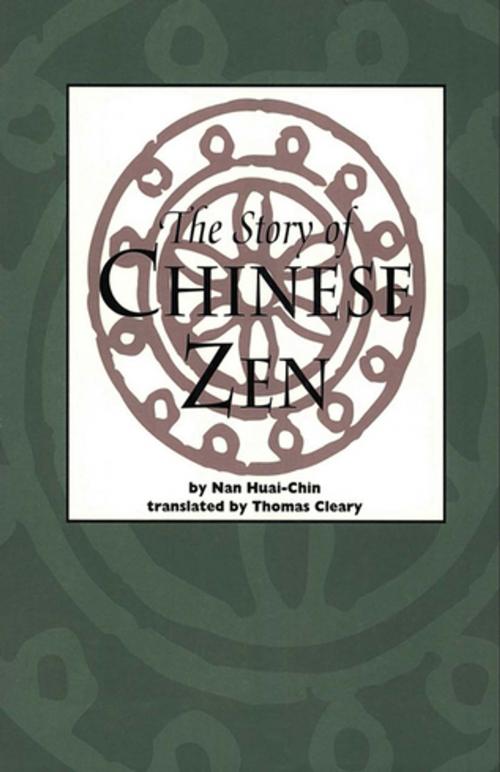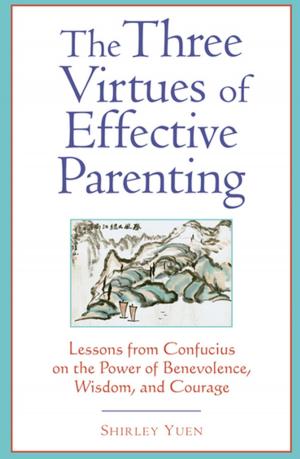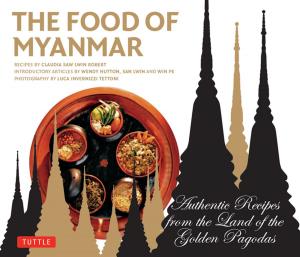Story of Chinese Zen
Nonfiction, Religion & Spirituality, Philosophy, Zen, Eastern Religions, Zen Buddhism, Fiction & Literature, Poetry| Author: | Nan Huai-Chin | ISBN: | 9781462901173 |
| Publisher: | Tuttle Publishing | Publication: | October 21, 2011 |
| Imprint: | Tuttle Publishing | Language: | English |
| Author: | Nan Huai-Chin |
| ISBN: | 9781462901173 |
| Publisher: | Tuttle Publishing |
| Publication: | October 21, 2011 |
| Imprint: | Tuttle Publishing |
| Language: | English |
The development of Zen in China is really the story of the flourishing of Chinese philosophy, arts and literature beginning as far back as the Han Dynasty and earlier. Master Nan Huai-Chin offers an engaging chronicle of both in this groundbreaking work.
The Story of Chinese Zen begins with the premise that the climate during Shakyamuni's founding of Buddhism in India ultimately influence the differences behind Hinayana and Mahayana thought, practice, and methods of seeking enlightenment. From there-beginning with its transmission to China-Master Nan outlines the Zen School, exploring influences on the development of Zen before the early Tang Dynasty, different meanings of studying Zen and pursuing the heart and goal of Zen." He explores the relationship between Zen and new-Confucianism and the inseparability of religion and Zen from Chinese literature and philosophy, especially Taoism.
Born in Zhejiang province, China in 1918, Nan Huai-Chin has studied under thirty-two major Taoist and Buddhist masters, including the masters of the Esoteric School of Buddhism in Tibet, from whom he received the title of Esoteric Master. He has published over thirty books and is widely recognized as one of the foremost scholars on Zen and Taoism.
The development of Zen in China is really the story of the flourishing of Chinese philosophy, arts and literature beginning as far back as the Han Dynasty and earlier. Master Nan Huai-Chin offers an engaging chronicle of both in this groundbreaking work.
The Story of Chinese Zen begins with the premise that the climate during Shakyamuni's founding of Buddhism in India ultimately influence the differences behind Hinayana and Mahayana thought, practice, and methods of seeking enlightenment. From there-beginning with its transmission to China-Master Nan outlines the Zen School, exploring influences on the development of Zen before the early Tang Dynasty, different meanings of studying Zen and pursuing the heart and goal of Zen." He explores the relationship between Zen and new-Confucianism and the inseparability of religion and Zen from Chinese literature and philosophy, especially Taoism.
Born in Zhejiang province, China in 1918, Nan Huai-Chin has studied under thirty-two major Taoist and Buddhist masters, including the masters of the Esoteric School of Buddhism in Tibet, from whom he received the title of Esoteric Master. He has published over thirty books and is widely recognized as one of the foremost scholars on Zen and Taoism.















